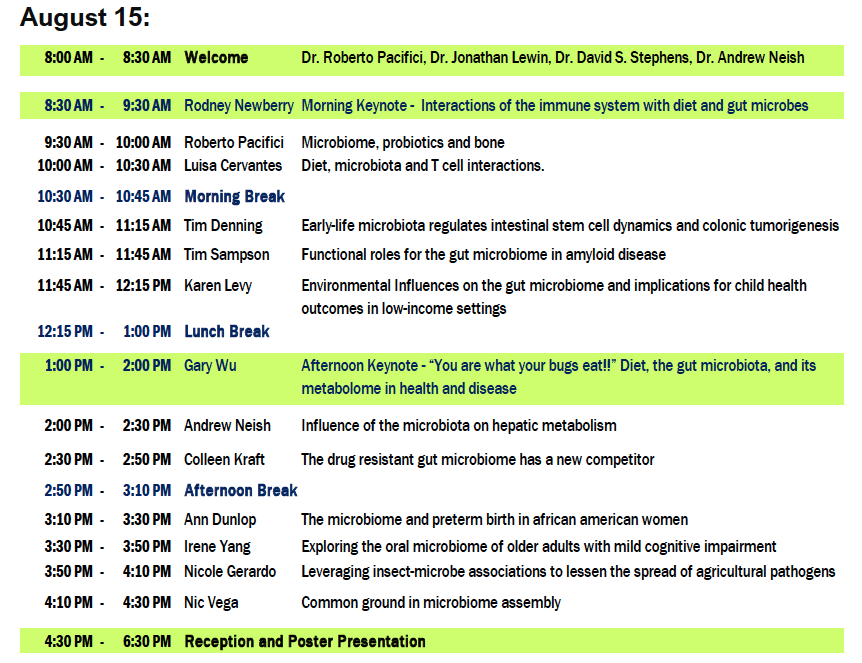A pill derived from human feces can effectively ward off Clostridium difficile diarrhea, according to the results of a clinical trial published in the New England Journal of Medicine.
Clinical microbiologist/infectious disease specialist Colleen Kraft and Emory patients contributed to the Phase III, 182 patient study, which was sponsored by Seres Therapeutics. Kraft is associate chief medical officer at Emory University Hospital and 2022 president-elect of the American Society for Microbiology.
Seres’ pill is an alternative to fecal microbiota transplant (FMT), a treatment for C.difficile that is both well-established and difficult to standardize. Everyone is intimately familiar with the material necessary for FMT, but its microbial components vary with the individual donor, diet and time. That presents some inconsistency and risk that has delayed FDA approval for the procedure.
Moving toward an “off the shelf” product, Seres takes stool from prescreened donors and treats the material with ethanol, killing some microbes and leaving behind bacterial spores that can compete for intestinal real estate with C. difficile. A previous study of Seres’ pill was unsuccessful, inspiring the headline “Sham poo washes out.” More information about the newer study and the company’s plans are in this Science article.
C. difficile colonization sometimes occurs after antibiotics deplete healthier forms of intestinal bacteria. Kraft and colleagues at Emory have been investigating whether FMT can prevent colonization by antibiotic-resistant bacteria in kidney transplant patients, who have (deliberately) dampened immune systems and need to take antibiotics.






